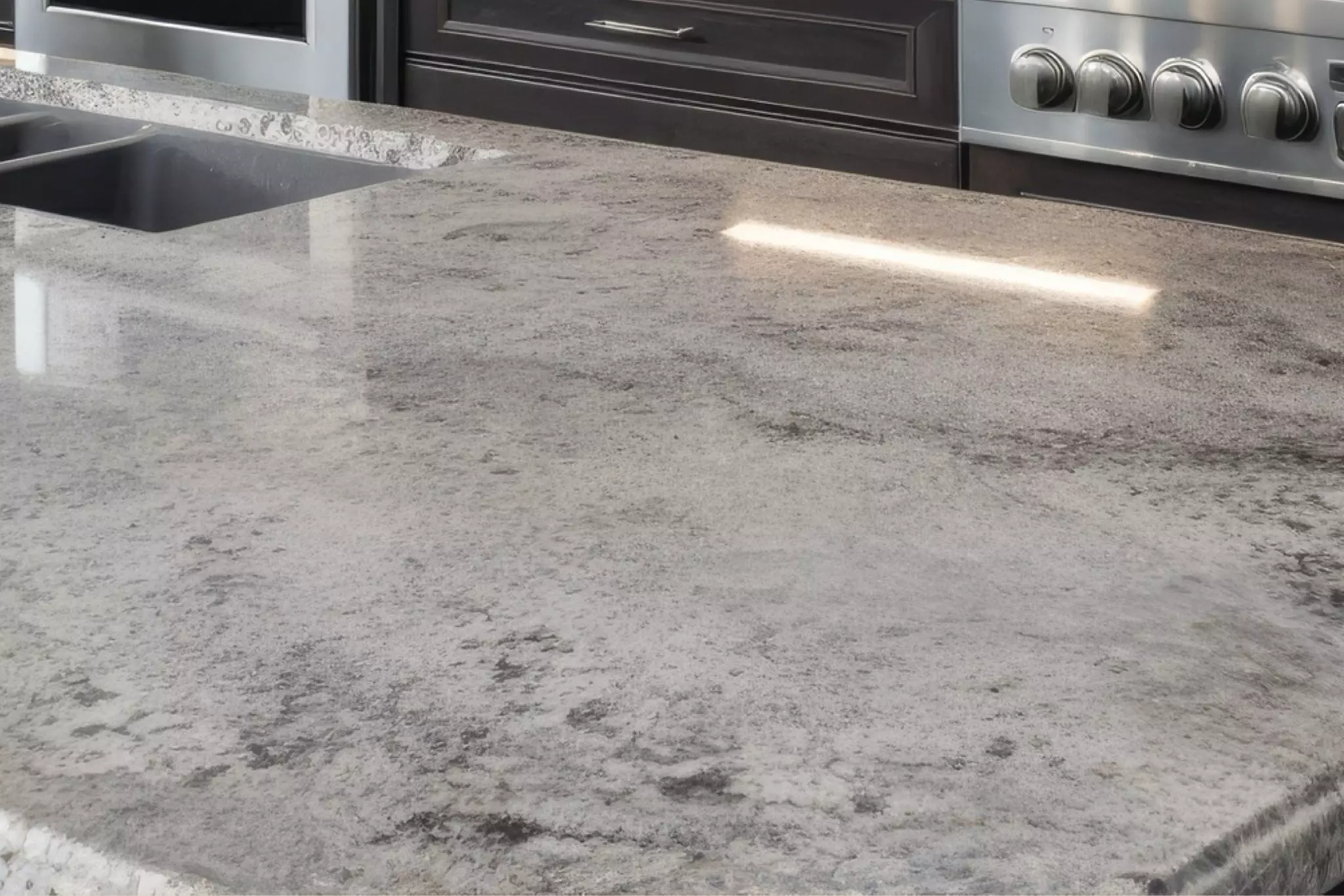When to Seal Your Kitchen Countertops: A Guide to Maintenance and Longevity
Introduction
When it comes to maintaining your kitchen countertops, sealing is a crucial step that can enhance their longevity and durability. Whether you have granite, marble, quartz, or other types of natural stone countertops, proper sealing can protect them from stains, scratches, and other forms of damage. In this guide, we’ll explore the importance of sealing your kitchen countertops and discuss the best time to do so.
Why Sealing Your Kitchen Countertops Matters
Kitchen countertops are exposed to a variety of substances on a daily basis, including water, oils, acidic liquids, and more. Without proper protection, these substances can seep into the porous surface of the countertop material, causing stains, etching, and other forms of damage. By applying a high-quality sealant, you create a protective barrier that helps repel liquids and prevent them from penetrating the surface. This not only keeps your countertops looking beautiful but also helps maintain their structural integrity over time.
Factors to Consider
The timing of when to seal your kitchen countertops can depend on several factors, including the type of material, usage patterns, and the current condition of the countertops. Here are some key considerations to keep in mind:
1. Type of Countertop Material
Different types of countertop materials have varying levels of porosity and susceptibility to damage. Natural stone materials such as granite and marble are generally more porous and require sealing more frequently than engineered quartz, which is less porous. It’s important to consider the specific maintenance requirements recommended by the manufacturer of your countertop material.
2. Usage Patterns
The frequency and intensity of use your countertops experience can impact the need for sealing. Countertops in high-traffic kitchens may require more frequent sealing compared to those in less frequently used spaces. Additionally, if your countertops are frequently exposed to spills and food preparation, they may benefit from more regular sealing to maintain their protective barrier.
3. Current Condition
If your countertops are newly installed, they may already have a sealant applied. However, it’s essential to monitor the condition of the sealant over time. As sealants wear off due to regular use and cleaning, the countertops become more vulnerable to damage. Regular inspection can help you determine when it’s time to reapply the sealant.
The Best Time to Seal Your Countertops
In general, it’s recommended to seal your kitchen countertops at least once a year. However, for heavily used countertops or those made of more porous materials, more frequent sealing may be necessary. Additionally, if you notice that water no longer beads up on the surface of your countertops, it may be a sign that the sealant has worn off and it’s time for reapplication.
When sealing your countertops, it’s important to thoroughly clean and dry the surface beforehand to ensure that the sealant can bond effectively with the material. Following the manufacturer’s guidelines for the specific sealant product you’re using is crucial to achieving the best results.
Conclusion
Sealing your kitchen countertops is a proactive measure that can protect your investment and maintain the beauty and functionality of your kitchen. By understanding the factors that influence the need for sealing and recognizing the signs that it’s time for maintenance, you can ensure that your countertops remain in top condition for years to come. Remember to consult with a professional if you have any specific concerns about the maintenance
and care of your specific countertop material.
By staying proactive and attentive to the condition of your countertops, you can avoid potential damage and preserve the aesthetic appeal of your kitchen. Regular sealing, combined with proper cleaning and maintenance, is a key part of ensuring that your countertops remain a functional and attractive focal point in your home.
In conclusion, knowing when to seal your kitchen countertops is essential for their long-term care and maintenance. By considering the type of material, usage patterns, and the condition of your countertops, you can establish a regular sealing schedule that keeps them looking their best. With the right approach, you can enjoy beautiful, durable countertops that enhance the overall appeal and functionality of your kitchen.
Remember, when in doubt, it’s always best to consult with a professional stone fabricator or countertop installer here at Allied Gallery, for specific recommendations tailored to your unique kitchen environment and countertop material.
Thank you for reading our guide on when to seal your kitchen countertops. We hope you found this information helpful for maintaining the beauty and functionality of your kitchen surfaces. If you have any questions or would like to share your own experiences with countertop maintenance, feel free to leave a comment below.
We wish you success in keeping your kitchen countertops in top condition for years to come!

